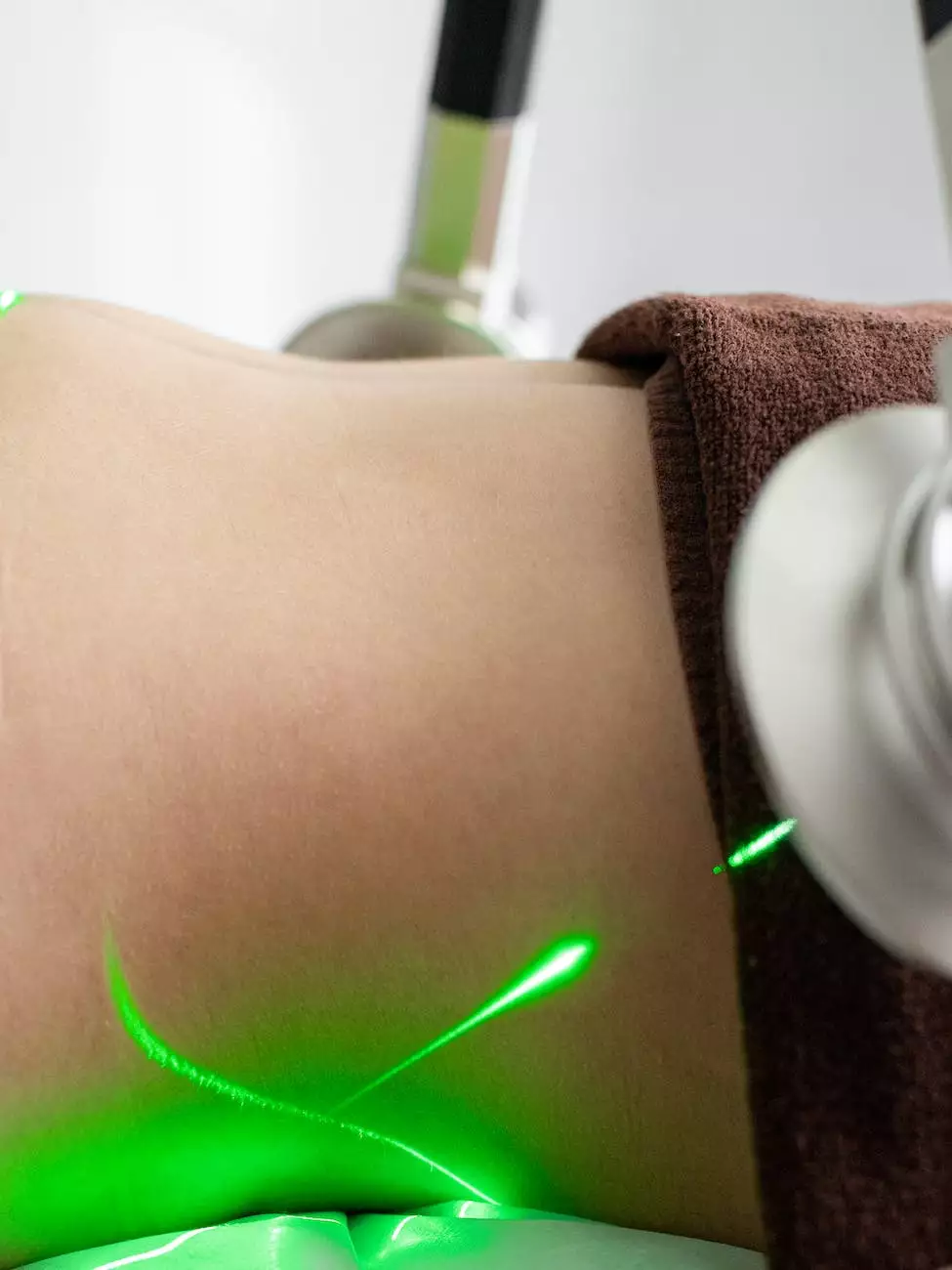Luxating Patella
Resources
Understanding and Treating Luxating Patella in Horses
As a horse owner, it is essential to be familiar with various health conditions that can affect your equine companion. One such condition is luxating patella, which can cause discomfort and hinder your horse's mobility. At Lasers4Horses, we aim to provide you with comprehensive information, effective treatment options, and expert advice to help you better understand and manage this condition.
What is Luxating Patella?
Luxating patella, also known as a floating kneecap, is a condition where the patella (kneecap) slips out of its normal position within the femoral groove. This misalignment can lead to lameness, pain, and limited movement in affected horses. It is a relatively common condition, particularly in certain breeds or at a young age.
Symptoms and Diagnosis
Horses with luxating patella may exhibit various symptoms, including:
- Lameness
- Intermittent skipping or locking of the leg
- Audible clicking or popping sound when the leg is in motion
- Pain, particularly when bending the affected leg
- Swelling or heat around the knee joint
If you suspect that your horse might have a luxating patella, it is crucial to consult a qualified veterinarian. They will perform a thorough examination, which may involve palpation, flexion tests, and imaging techniques such as X-rays or ultrasound. Proper diagnosis is essential for developing an appropriate treatment plan.
Treatment Options
At Lasers4Horses, we understand the importance of providing effective treatment options for luxating patella. Depending on the severity of the condition, the following approaches may be recommended:
- Conservative Management: Minor cases can often be managed through specific exercises, controlled exercise regimens, and joint support supplements. These methods aim to strengthen the surrounding muscles and improve joint stability.
- Medical Interventions: In more severe cases, your veterinarian may recommend medical interventions such as local injections or anti-inflammatory medications to alleviate pain and inflammation.
- Surgical Options: Severe or persistent cases of luxating patella may require surgical intervention. There are various surgical techniques available, including lateral retinacular imbrication, tibial crest transposition, or sulcoplasty. Consultation with a veterinary surgeon is essential to determine the most appropriate surgical approach for your horse.
Your veterinarian will evaluate your horse's individual condition and recommend the most suitable treatment plan, tailored to their specific needs.
Prevention and Rehabilitation
While luxating patella cannot always be completely prevented, several measures can be taken to reduce the risk or manage the condition effectively:
- Regular Exercise: Ensuring your horse receives regular exercise that involves proper warm-up, cool-down, and strengthening exercises can help promote joint health and stability.
- Proper Nutrition and Weight Management: Providing a balanced diet and maintaining a healthy weight for your horse is crucial to support joint health and reduce strain.
- Physical Therapy and Rehabilitation: Working with a qualified equine therapist or rehabilitation specialist can aid in strengthening the muscles and improving overall joint function.
- Equine Laser Therapy: At Lasers4Horses, we offer cutting-edge laser therapy for horses that can aid in pain management, reduce inflammation, and promote healing. This non-invasive treatment option can complement existing therapies for horses with luxating patella.
Remember, each case of luxating patella is unique, and tailored management strategies should be discussed with your veterinarian to ensure the best outcome for your horse.
Conclusion
Luxating patella is a condition that requires proper understanding, diagnosis, and management to ensure the well-being of your horse. At Lasers4Horses, we strive to provide reliable information, effective treatment options, and expert advice on various equine health conditions. By working closely with your veterinarian and relying on evidence-based approaches, you can enhance your horse's quality of life and minimize the impact of luxating patella. Contact Lasers4Horses today to learn more about our services and discover how we can help your equine companion thrive.



